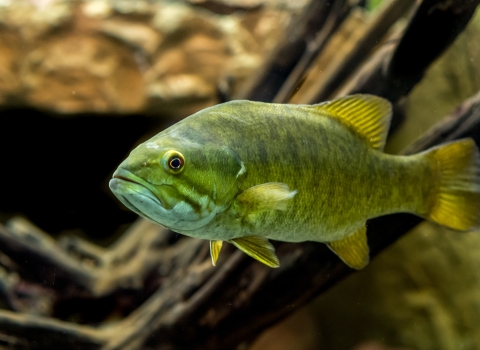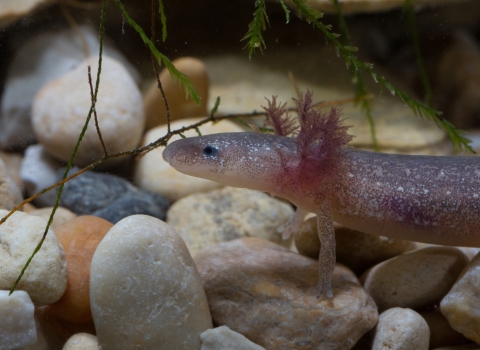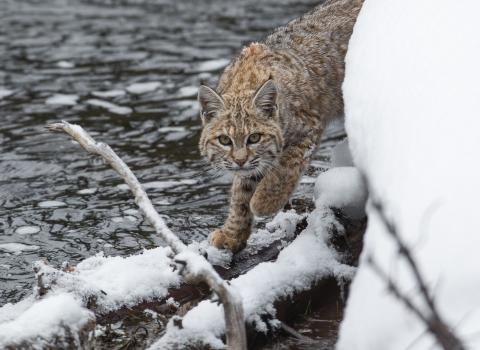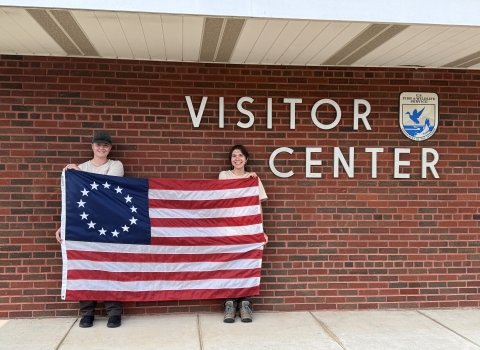Tittabawassee River Natural Resource Damage Assessment and Restoration Overview
On July 27, 2020, a settlement with the Dow Chemical Company to address federal, state, and tribal claims for natural resource damages in the Tittabawassee River System was finalized. The settlement is for an estimated $77 million in projects and funding that will restore fish, wildlife, and habitats injured following releases of hazardous substances in past decades from Dow’s manufacturing facility in Midland, Michigan. Under the settlement, Dow will implement or fund a number of restoration projects identified in Midland, Bay, Saginaw, and nearby counties. The natural resource Trustees evaluated a range of restoration actions and alternatives which would provide benefits to natural resources to compensate the public for losses to natural resources injured by releases from Dow's Midland plant and published the Final Restoration Plan and Environmental Assessment for the Tittabawassee River System.
Floodplain Restoration and Bike Trail Project
The Tittabawassee River Floodplain Restoration and Bike Trail Project will preserve 490 acres of Dow-owned floodplain property along the Tittabawassee River in Midland and Saginaw Counties. The bike trail will become a piece of the existing Great Lakes Bay Regional Trail system. The property will be protected in perpetuity through a conservation easement conservation easement
A conservation easement is a voluntary legal agreement between a landowner and a government agency or qualified conservation organization that restricts the type and amount of development that may take place on a property in the future. Conservation easements aim to protect habitat for birds, fish and other wildlife by limiting residential, industrial or commercial development. Contracts may prohibit alteration of the natural topography, conversion of native grassland to cropland, drainage of wetland and establishment of game farms. Easement land remains in private ownership.
Learn more about conservation easement . Additionally, the project will:
- Convert approximately 190 acres of existing agricultural property to natural habitat, prioritizing wetland creation whenever possible.
- Create recreational amenities that will allow public access through construction of approximately 2.4 miles of biking trails with additional nature trails, public access parking, and informational signage.
Return to Tittabawassee River Natural Resource Damage Assessment and Restoration main page



